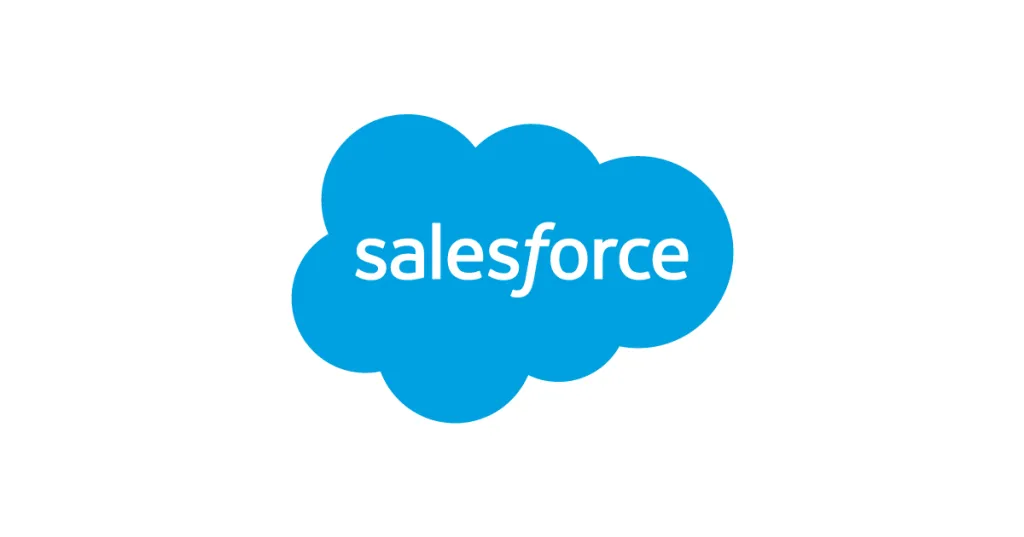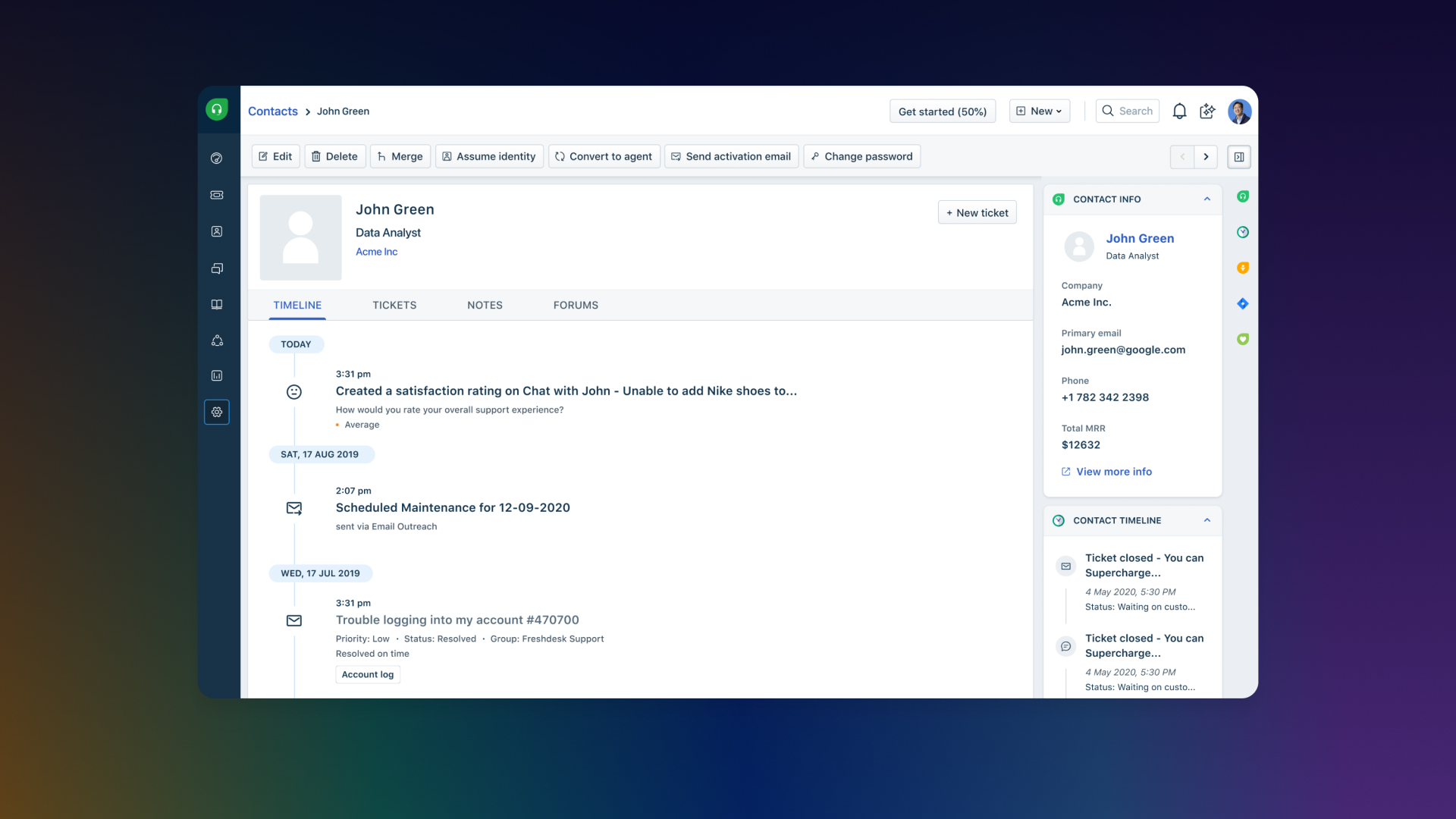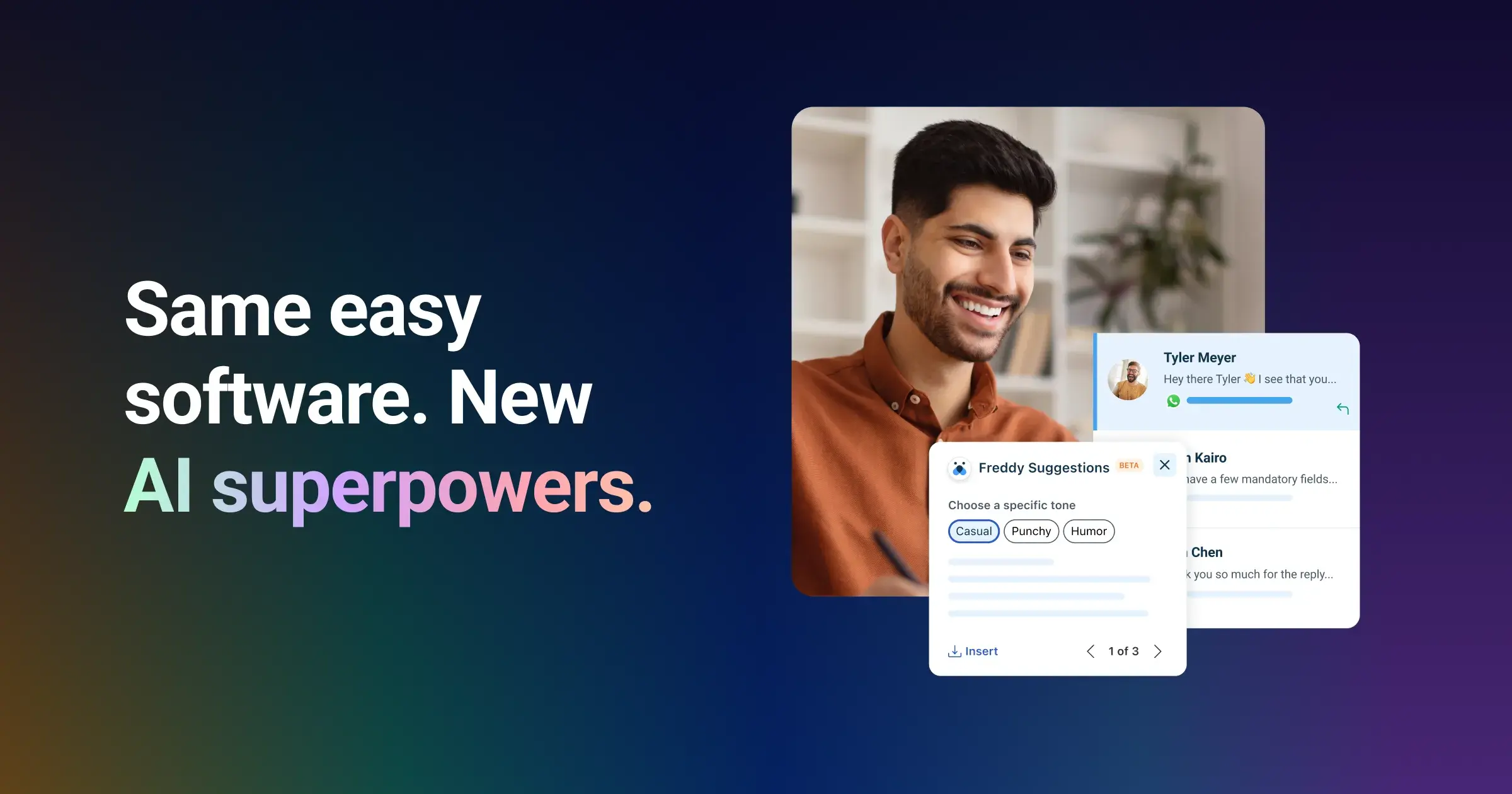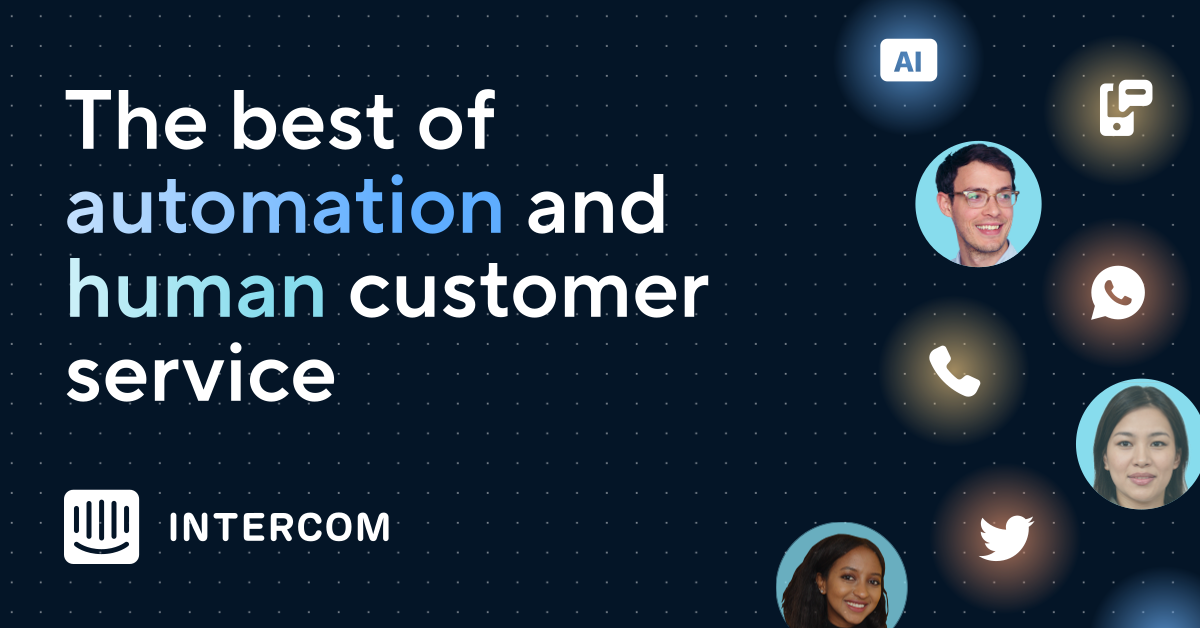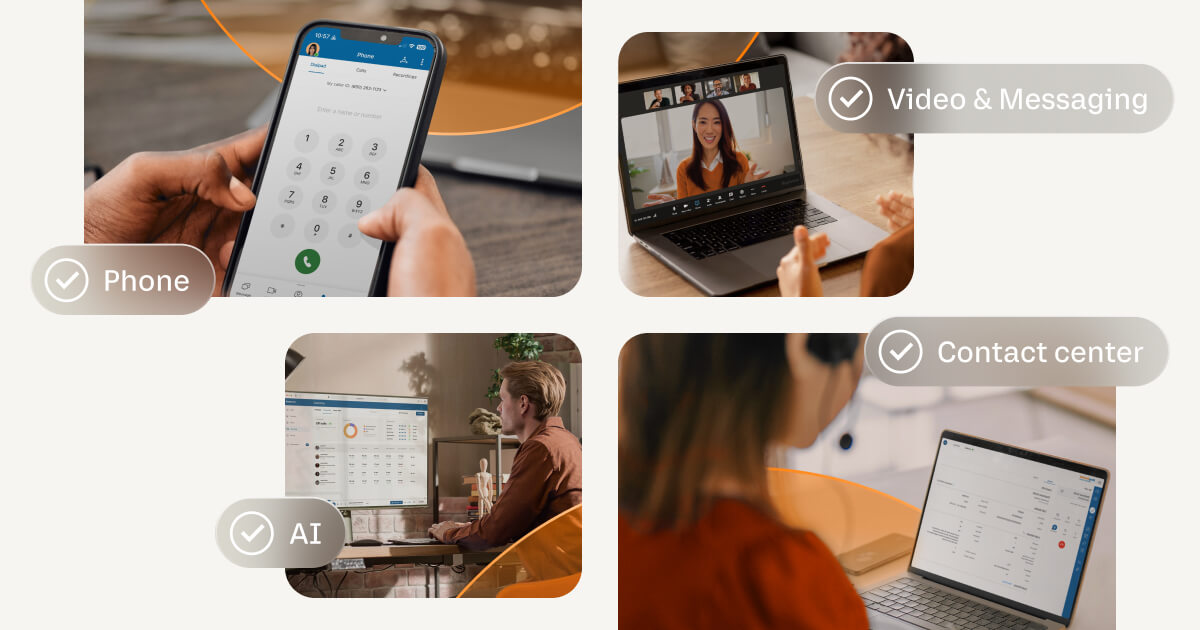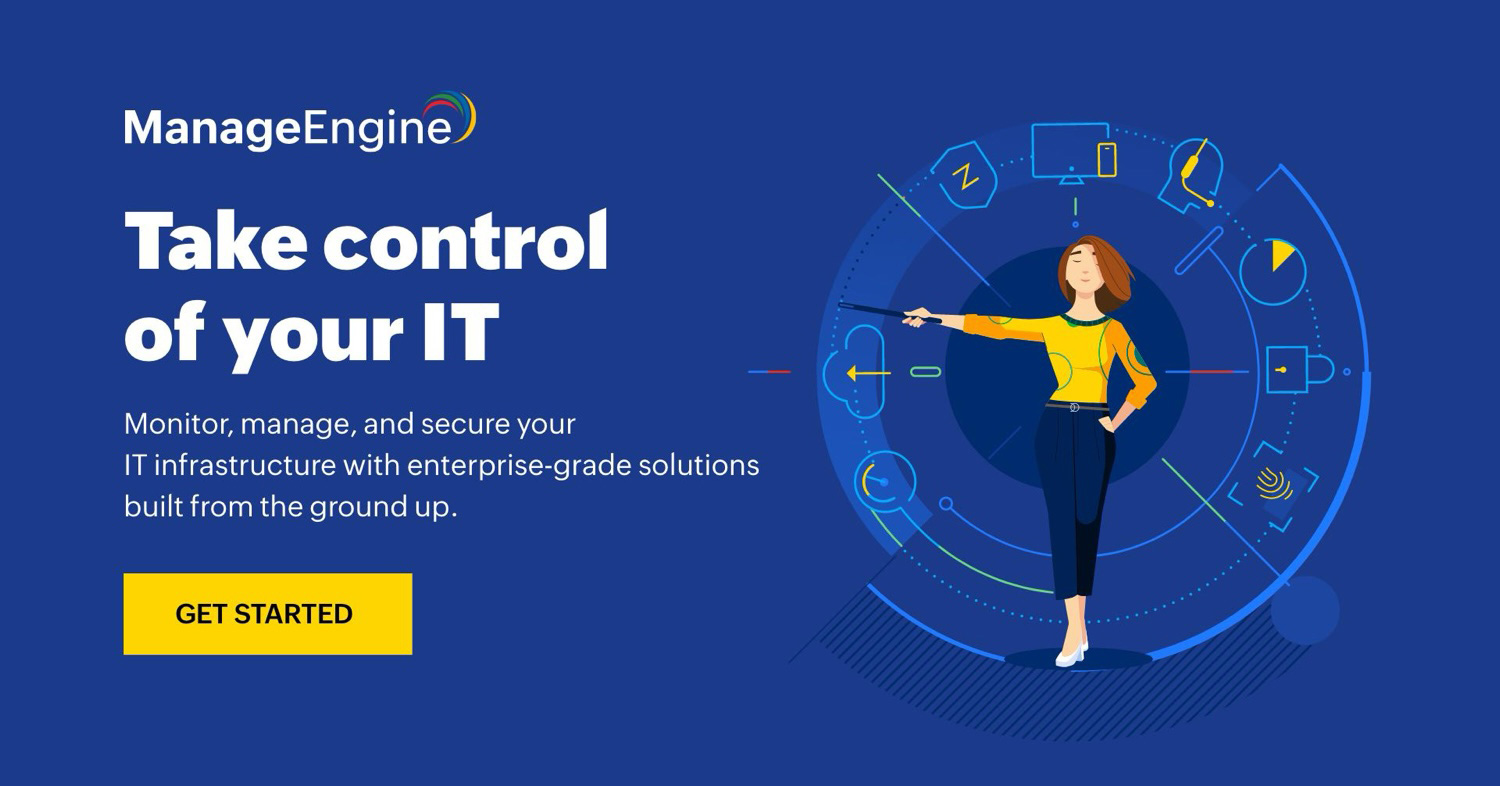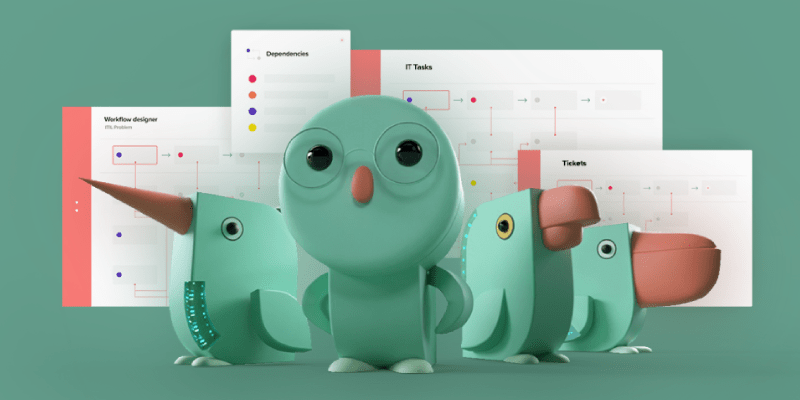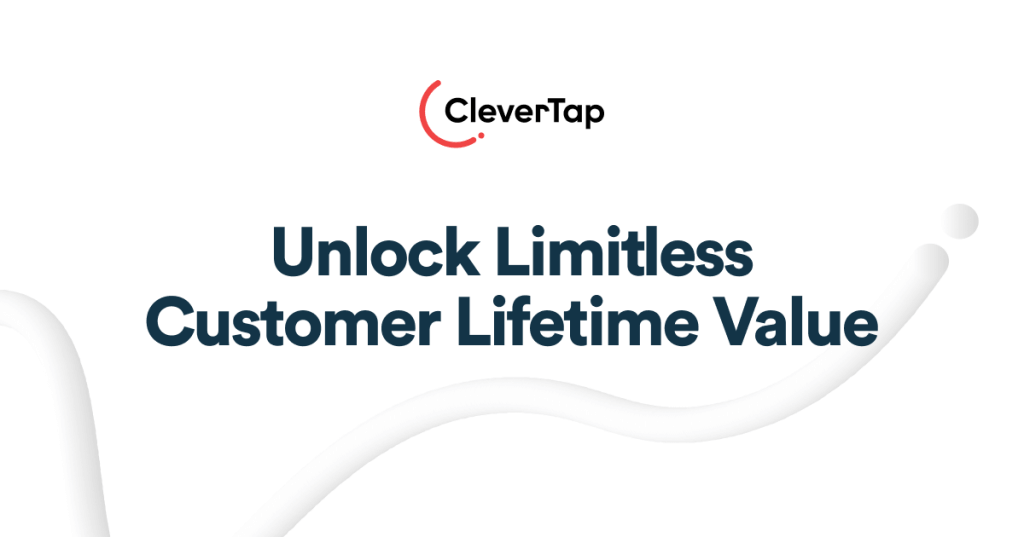Introduction
As the importance of customer success and retaining existing customers continues to grow, having the right software platform to power success programs is critical. In this blog, we evaluate 15 leading customer success platforms against key criteria to help you choose the solution best suited for your business needs. We considered factors like feature depth, ease of use, pricing models, and each platform’s ability to drive tangible business outcomes like increased renewals, higher customer satisfaction scores, and more.
Methods of Evaluation
To rank the platforms, we assessed each one based on traditional factors like features, pricing, and integrations. However, we also leveraged more modern metrics like number of backlinks, average monthly search volume for the company name and product, and traffic trends over the past year to gain additional insights into third-party validation and interest. This provided a more holistic view of each vendor beyond just what’s presented on their marketing websites. The platforms are then arranged in our list based on the overall score from these evaluation criteria to determine the top solutions.
1. SurveyMonkey
SurveyMonkey is an online survey development cloud-based software that allows users to create their own free-form surveys and questionnaires. Founded in 1999, SurveyMonkey has grown to support over 33 million active users globally. It allows users to quickly and easily develop surveys across a wide range of device types.
Pros: Some key advantages of SurveyMonkey include:
– Strong product experience surveys – Intuitive and easy to use interface for creating beautiful and engaging surveys.
– Comprehensive analytics dashboards – Detailed response analytics and reporting to gain insights from survey data.
– Good integrations – Tight integrations with many popular business tools and platforms.
Cons: One potential disadvantage is that the free plan has limited functionality. For more advanced features like unlimited questions, responses and integrations, businesses will need to upgrade to a paid plan starting at $24/month.
Pricing: SurveyMonkey offers both free and paid plans. The free plan allows up to 10 questions and 100 responses per month. Paid plans start at $24/month (Select Plan) and include unlimited questions, responses and integrations.
Some key stats about SurveyMonkey include:
– Over 33 million active users worldwide
– Supports over 30 languages
– Can integrate with over 200+ business tools including Google Sheets, Excel, Salesforce etc.
– Over 1 billion responses collected to date
2. Zendesk
Zendesk is a leader in customer service software, helping over 200,000 organizations provide support via text, mobile, phone, email, live chat, and social media. Founded in 2007, Zendesk has grown rapidly to become the most popular customer service platform worldwide.
Pros: Some key advantages of Zendesk include:
– Leader in the customer support space with the most comprehensive capabilities
– Extensive integrations allow support teams to work within a single interface
– Strong community forums provide an invaluable knowledge base for agents and customers
Cons: A potential disadvantage of Zendesk is that it has a considerable number of features which could seem overwhelming for smaller support teams.
Pricing: Zendesk pricing starts at $49 per agent per month for their Standard plan which includes core support functionality. Premium and Enterprise plans with additional features like advanced routing and SSO start at $99 and $179 per agent per month respectively.
Some key stats about Zendesk include:
– Used by over 200,000 customer-facing teams worldwide
– Over 1,000 integrations with other popular apps like Salesforce, Shopify, Slack, Microsoft Dynamics
– Strong community with over 50,000 monthly contributors on their forums
– Raised over $500 million in funding to date
3. Salesforce Service Cloud
Salesforce Service Cloud is a leading customer service platform that helps companies deliver personalized customer support across channels. As the customer service module of the Salesforce Customer 360 platform, Service Cloud gives companies 360-degree visibility into their customers and enables them to engagecustomers consistently from marketing to sales to service.
Pros: Some key advantages of Salesforce Service Cloud include:
– Robust CRM capabilities beyond just support like sales and marketing automation
– Large ecosystem of over 5,000 pre-built apps and integrations
– Highly customizable to fit complex and varied business needs and processes
– Artificial intelligence capabilities like live agent and Einstein bots for automation
Cons: A potential disadvantage of Salesforce Service Cloud is its higher pricing compared to other customer service software solutions. However, the robust features and capabilities often justify the cost for large and complex enterprises.
Pricing: Salesforce Service Cloud pricing starts at $125 per user per month for the essentials edition. Plans scale up based on features and capabilities with the professional edition starting at $150 per user per month. Additional fees apply for integrations, customizations, and professional services. Salesforce also offers flexible subscription models and discounts for annual commitments.
Some key stats about Salesforce Service Cloud include:
– Used by over 150,000 companies globally including 50% of Fortune 500 companies
– Handles over 6 billion customer service interactions per year
– Available in over 40 languages with customers in more than 150 countries
4. LiveChat
LiveChat is an all-in-one live chat and messaging platform for customer support and sales. Founded in 2002, LiveChat provides live chat software for over 37,000 businesses worldwide. Their intuitive live chat interface allows agents to support website visitors in real-time through a mobile-optimized dashboard.
Pros: Some key advantages of LiveChat include:
– Intuitive live chat software that is easy for agents and visitors to use
– Advanced chatbot capabilities to reduce agent workload
– Strong metrics and reporting to analyze performance
– Integrations with major CRM and helpdesk tools like Salesforce, Zendesk, etc.
– Omnichannel capabilities to transition chats across channels
Cons: A potential disadvantage is that the pricing can be relatively expensive for larger teams compared to some other live chat vendors. Advanced features like integrations and customizability typically require paid plan upgrades.
Pricing: LiveChat offers a range of pricing plans starting from a Basic plan for $15/agent/month up to Enterprise plans customized for large businesses. Additional features are included in the Professional ($25/agent/month) and Business ($39/agent/month) tiers like advanced integrations, custom reporting, and priority support.
Some key stats about LiveChat include:
– Over 37,000 businesses worldwide use LiveChat
– Support over 90 languages
– Integrations with CRM platforms like Salesforce, Hubspot, Zoho
– Deploy chatbots to handle common questions automatically
– Advanced analytics dashboard for metrics like response times, conversation topics
5. Freshdesk
Freshdesk is a leading customer service software used by over 40,000 companies worldwide. Founded in 2010, Freshdesk aims to provide a easy to use and effective solution for businesses to manage customer support across various channels.
Pros: Some key advantages of Freshdesk include:
– Robust ticketing capabilities to track, prioritize and resolve customer requests
– Powerful customer profiles that capture full customer histories across all touchpoints
– Strong knowledge base features to build a searchable database of solutions
Cons: One potential disadvantage is that the free basic plan only allows support for up to 3 agents. However, there are affordable paid plans suitable for most small businesses.
Pricing: Freshdesk offers several pricing plans starting from a free Basic plan for up to 3 agents up to customized Enterprise plans for large businesses. Key paid plans include Freshteam at $49/agent/month and Freshdesk Plus starting at $49/month.
Some key stats about Freshdesk include:
– Used by over 40,000 businesses globally across various industries
– Supports communications through 24 different channels including phone, email, social media, chat and more
– Over 125 customizable fields allow for rich customer profiles
– Integrates with over 250 apps like Salesforce, Shopify and Zendesk
6. Freshworks
Freshworks provides innovative customer success and relationship management software that helps businesses strengthen customer relationships. Their all-in-one platform includes features like CRM, sales automation, marketing automation, support and more to provide a full picture of the customer journey.
Pros: Some key advantages of Freshworks include:
– Easy to use and deploy – The software is designed to be intuitive and easily deployable.
– Integrates easily with other tools – Freshworks integrates seamlessly with over 300 tools.
– Affordable pricing for businesses of all sizes – Pricing starts at $49/agent which is affordable for companies of all revenue sizes.
Cons: One potential disadvantage is the reliance on integration with other tools. Freshworks acts as the central hub but also relies on integrating with other products for certain functionality. So businesses need to ensure the tools they want or need to integrate are supported.
Pricing: Freshworks offers several paid tiers of their software starting at $49 per agent per month. This basic tier includes CRM, sales automation and support features. More advanced tiers with additional features like marketing automation are priced higher and custom enterprise plans are also available.
Some key stats about Freshworks include:
– Used by over 50,000 companies worldwide
– Over 300 integrated apps and tools
– 24/7 in-app support directly from Freshworks
– Integrates with major tools like Slack, ZenDesk and Google Workspace
7. Intercom
Intercom is a leading customer communications platform that enables companies to have personalized conversations across support, sales, and marketing. Founded in 2011 and based in San Francisco, Intercom aims to make customer interactions seamless through the combined use of automation and human agents.
Pros: Some key advantages of Intercom include:
– Leader in in-app messaging – Ability to have live conversations directly within mobile and web applications.
– Robust conversational abilities – Powerful AI and automation allows handling of common queries without human involvement.
– Personalized engagement – Understands user behavior and context to deliver the most relevant messages and information.
Cons: One potential disadvantage is that Intercom is more expensive than some other basic support desk solutions. The pricing is based on the number of end users rather than support agents.
Pricing: Intercom offers three pricing tiers:
– Startup ($49/month) – Up to 5,000 end users
– Growth ($99/month) – Up to 50,000 end users
– Enterprise (Custom pricing) – Over 50,000 end users
Pricing increases with additional features and integrations.
Some key stats about Intercom include:
– Used by over 25,000 businesses including Dropbox, GitHub, Airbnb, and Untuckit.
– Supports over 1 billion end users worldwide.
– Has raised over $330 million in funding to date.
8. RingCentral
RingCentral is a leading provider of business cloud communications and contact center solutions. Founded in 1999, RingCentral provides unified communications as a service (UCaaS) solutions for messaging, video meetings, phone, and contact center. With over 6,000 customers, RingCentral aims to deliver an integrated communications experience across any device.
Pros: Some key advantages of RingCentral’s customer success platform include:
– Built on RingCentral’s leading UCaaS platform, extending capabilities for messaging, calling and meetings
– Advanced AI from Anthropic and DeepAffect powers predictive insights and autonomous assistance
– Dedicated workflows and teams tools provide a full platform for deploying success best practices
Cons: As a relatively new entrant to the customer success space, RingCentral’s platform is not as full-featured or proven as some competitors. Implementation and adoption may require more effort than more established players.
Pricing: RingCentral offers monthly or annual pricing for its customer success software. Standard Edition plans start at $49 per user per month and add capabilities like success playbooks, predictive alerts and ROI reporting. Advanced Edition plans with enriched AI insights and autonomous assistant capabilities are priced depending on team size and needs.
Some key stats about RingCentral include:
– Over 6,000 customers globally, including large enterprises
– Supports over 100 million customers across its entire UCaaS, CCaaS, and teams collaboration portfolio
– Recently acquired customer success platforms Anthropic and DeepAffect for AI-powered customer engagement
9. ManageEngine ServiceDesk Plus
ManageEngine ServiceDesk Plus is a powerful and comprehensive ITSM solution developed by ManageEngine. Available both as an on-premises and cloud-hosted software, ServiceDesk Plus provides enterprises with modern and robust IT service desk capabilities to streamline their support operations.
Pros: Some key advantages of ManageEngine ServiceDesk Plus include:
– Robust ITIL-aligned features to map workflows to industry standards
– Flexible custom fields for tracking unique assets or creating customized workflows
– Granular access controls and delegated administration for scalability
– Intuitive customizable dashboard for agents and customers
Cons: One potential disadvantage is that the on-premises version requires infrastructure to be setup and maintained. However, this is not applicable for the SaaS version which is cloud-hosted and managed by ManageEngine.
Pricing: Pricing starts from $1,995 per year for the basic ServiceDesk Plus solution. Additional modules, agents, and premium support are priced separately. ManageEngine also offers free trials and product demonstrations.
Some key stats about ManageEngine ServiceDesk Plus include:
– Used by over 5000+ customers worldwide
– Supports over 25+ languages
– Can be integrated with over 100+ different systems
– Configurable customizable workflows and processes aligned with ITIL best practices
10. Drift
Drift is a leading customer engagement platform that uses conversations to build strong relationships between companies and their customers. Founded in 2014, Drift provides AI-powered live chat, email, and video capabilities to help organizations convert more leads and increase sales.
Pros: Some key advantages of Drift include:
– Powerful LiveChat capabilities like automated routing, canned responses, and AI-powered suggestions
– Advanced chatbot abilities that use NLP to understand customer intents and automate common tasks
– Comprehensive sales enablement tools like CRM integrations and automated follow up sequences
Cons: One potential disadvantage is that Drift’s customizable features may require technical expertise to fully leverage. The high level of configurability could make initial setup complex for non-technical teams.
Pricing: Drift offers three tiered monthly pricing plans. The Basic plan starts at $80/month per agent. The Standard plan is $150/month and adds features like priority support. The Premier plan is $250/month and includes additional custom domain and SSO capabilities.
Some key stats about Drift include:
– Used by over 10,000 customers includingDropbox, HubSpot, ZipRecruiter, and Cisco
– Processed over 1 billion conversations
– Supported in over 50 languages
– Featured in G2’s top rated live chat solutions for 9 consecutive quarters
11. Help Scout
Help Scout is a customer service software that focuses on self-service support through help centers, knowledge bases, and live chat. Founded in 2011 and headquartered in San Francisco, Help Scout aims to make customer support effortless through their automated software.
Pros: Some key advantages of Help Scout include: – Intuitive help center builder for creating knowledge bases – Robust live chat features for real-time support – Powerful team inbox for managing all customer communication in one place – Customizable workflows and templates to improve agent productivity – Comprehensive reporting and analytics for optimizing support
Cons: A potential disadvantage is that the help center builder may be too basic for highly complex knowledge bases. Customers with very technical support needs may find the pre-built features insufficient without custom development.
Pricing: Help Scout offers three pricing tiers starting at $49/agent/month for their Standard plan, $79/agent/month for their Plus plan, and custom enterprise pricing for their Pro offering. Discounts are available for annual plans and additional agents.
Some key stats about Help Scout include: – Supports over 10,000 customers globally – Handles over 50 million support requests annually – Available in 23 languages – Recently reached a valuation of over $1 billion
12. SysAid
SysAid is an IT service management (ITSM) software that helps organizations improve IT service delivery and reduce costs. In business since 1982, SysAid is used by over 5,000 companies worldwide to automate service desk, asset, and change management processes. With customizable modules and detailed analytics, SysAid helps IT teams work more efficiently and satisfy end users.
Pros: Some key advantages of SysAid include: a strong ITIL framework to organize workflows, customizable asset, change, and inventory management modules, detailed analytics for optimization, mobile apps for remote technicians, and integration with common IT tools like Slack, Microsoft Teams, and ServiceNow.
Cons: One potential disadvantage is that the customization options may require additional time and resources from IT staff to set up compared to less flexible out-of-the-box solutions.
Pricing: SysAid offers both perpetual and annual subscription licensing plans. Pricing is based on the number of agents/users. Contact SysAid sales for a customized quote.
Some key stats about SysAid include: used by over 5,000 companies worldwide, 40+ customizable configurable modules, supports over 45 languages, integrates with over 150 applications via API, and named a leader in the 2020 G2 ITSM Grid Report.
13. ManyChat
ManyChat is a leading customer success software that enables businesses to automate conversations across popular messaging channels. Founded in 2014 and headquartered in San Francisco, ManyChat helps companies engage customers through interactive chatbots on platforms like Facebook Messenger, SMS, WhatsApp and more.
Pros: Some key advantages of ManyChat include:
– Powerful Facebook Messenger bot capabilities for lead generation and customer support.
– Advanced engagement abilities through features like dynamic messaging, conditional logic and automatic responses.
– Integrates with many ecommerce, CRM and marketing platforms for a unified customer experience.
Cons: One potential disadvantage is that the free plan has limited capabilities compared to the paid starter plan. For some very small businesses, the free version may suffice but larger companies will likely need an upgraded paid plan.
Pricing: ManyChat offers the following pricing plans:
– Free Plan: Limited to 1 bot and 500 messages per month.
– Startup Plan: $49/month billed annually. Allows 5 bots and 5000 messages per month.
– Professional Plan: $99/month billed annually. Allows 15 bots and 25,000 messages per month.
– Enterprise Plan: Custom pricing. Unlimited bots and messages.
Some key stats about ManyChat include:
– Used by over 25,000 businesses worldwide
– Processes over 1 billion messages per month
– Integrates with 500+ apps including Shopify, WordPress, CRM tools and more
14. LiveAgent
LiveAgent is a leading customer service and support software developed by Anthropic. Founded in 2002, LiveAgent aims to make customer experiences effortless by providing businesses easy-to-use help desk software. With over 10,000 customers in 150+ countries, LiveAgent helps companies deliver exceptional customer service across multiple communication channels.
Pros: Some of the key advantages of LiveAgent include:
– Excellent for integrating live chat onto websites
– Robust omnichannel communication options like chat, email, phone and social media
– Affordable packages for businesses of all sizes starting from $29/agent
– Real-time dashboard and analytics for superior visibility
– Artificial intelligence for automating responses
Cons: One potential disadvantage is that the pricing can get expensive for large teams with many agents. However, LiveAgent offers flexible packages to suit different needs and budgets.
Pricing: LiveAgent offers flexible pricing plans starting from $29 per agent per month for the Essentials package. The more advanced Enterprise plan starts at $49 per agent. Additional features like AI assistance, custom integrations etc. are priced separately. LiveAgent also offers a free 14-day trial to test out the software.
Some key stats about LiveAgent include:
– Processes over 250 million conversations per year
– Used by over 500 enterprise customers including IBM, Cisco, and Schneider Electric
– Available in 40+ languages
– Integrates with over 300+ apps like Shopify, Zendesk, Salesforce etc.
15. Clevertap
CleverTap is an all-in-one customer engagement platform that helps companies retain existing users and drive growth. Founded in 2013, CleverTap now serves over 8000 brands worldwide including Vodafone, Star, Sony, and Discovery Channel. Their platform helps companies collect customer data from various sources, analyze behavior patterns, segment users, and run personalized marketing campaigns across multiple channels.
Pros: Some key advantages of the CleverTap platform include:
– Advanced segmentation abilities allowing companies to create highly targeted user segments
– Personalized in-app messaging capabilities to deliver the right message to the right user at the right time
– Strong marketing automation features to automate multi-channel campaigns based on user behavior
Cons: One potential disadvantage is that the platform may have a learning curve for companies not used to data-driven marketing. It also requires companies to connect various data sources and tagging which takes some initial setup.
Pricing: CleverTap offers pricing tiers based on the number of users in your database. Pricing starts at $49/month for up to 10,000 users and scales up from there. Discounts are available for annual plans and nonprofit organizations.
Some key stats about CleverTap include:
– Processes over 40 billion events daily
– Helps brands increase retention by over 20%
– 1 million users can be segmented in under 1 second
– Campaigns can be created and launched within minutes
Conclusion
While every business has unique requirements, this blog aims to be a useful resource for anyone evaluating customer success platforms. The top solutions cover a wide range of needs, from basic ticketing to sophisticated tools for optimizing the entire customer journey. We encourage taking free trials with the highest ranked options to see which provides the best fit and ability to help you maximize customer value and outcomes.






